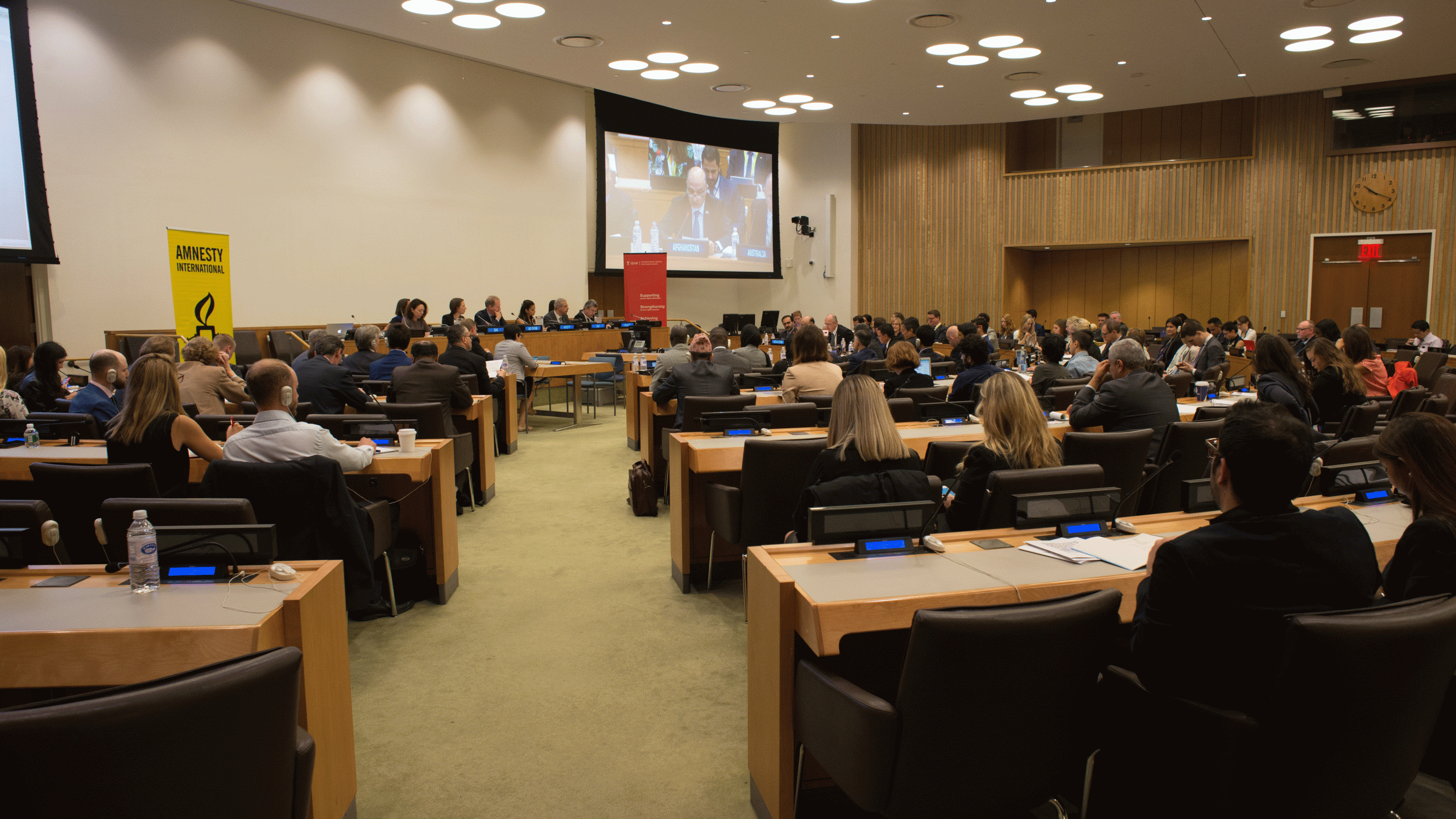The Council’s success depends on its members and their readiness to respond fully to the Council’s mandate set out in General Assembly resolution 60/251. Most importantly it requires member States to uphold the highest standards in the promotion and protection of human rights.
This year, 16 candidates – including Australia, Afghanistan, Angola, Chile, Democratic Republic of the Congo, Malaysia, Mexico, Nepal, Nigeria, Pakistan, Peru, Qatar, Senegal, Slovakia, Spain, and Ukraine – are competing for 15 seats. We welcomed the participation of 15 of these candidates in the Human Rights Council Pledging Events last month, which provided an opportunity for dialogue on candidates’ pledges regarding membership.
‘Elections to the Council are often not as competitive as we would hope. All too often – as it is the case again this year – closed slates are the norm. We welcome the competitive nature of the Asia Pacific slate and would encourage other regions to be inspired by their example’ said ISHR’s Legal Counsel Tess McEvoy.
‘We urge States to act with integrity when placing their vote during today’s election. Far too often do Council members act in a manner that is inconsistent with Council membership’, McEvoy added.
Some clear examples include:
If the Human Rights Council is to be the legitimate, influential body that the global human rights situation demands, States must demand adherence to international standards and legal obligations by Council members and candidates.
ISHR re-iterates its calls on all Council members and candidates to:
- Cooperate fully, substantively and in good faith with the Council and all of its mechanisms and processes;
- Ensure a safe, enabling environment for civil society and consult meaningfully with civil society on positions taken by the State in this Council;
- Desist from, prevent, investigate and remedy all acts of intimidation and reprisal; and
- Commit to and apply objective criteria – such as those elaborated in the joint statement delivered by Ireland at the Human Rights Councils 32nd session – in determining whether and how the Council should respond to a situation of concern, and take leadership and responsibility in initiating action when such criteria are not met.
We call on all UN member States to consider these factors when electing Council members at the General Assembly later today.
To assist, ISHR’s scorecards offer a quick ‘at-a-glance’ objective analysis of each candidates’ human rights record, focusing on their cooperation with the Council, their support for civil society and their engagement with UN treaty bodies, and special procedures. They also show whether the candidates have spoken out in concern about reprisals, and whether they have established a national human rights institution.
Contact: Tess McEvoy, [email protected]
Photo: Lorena Russi, lorenarussi.com




